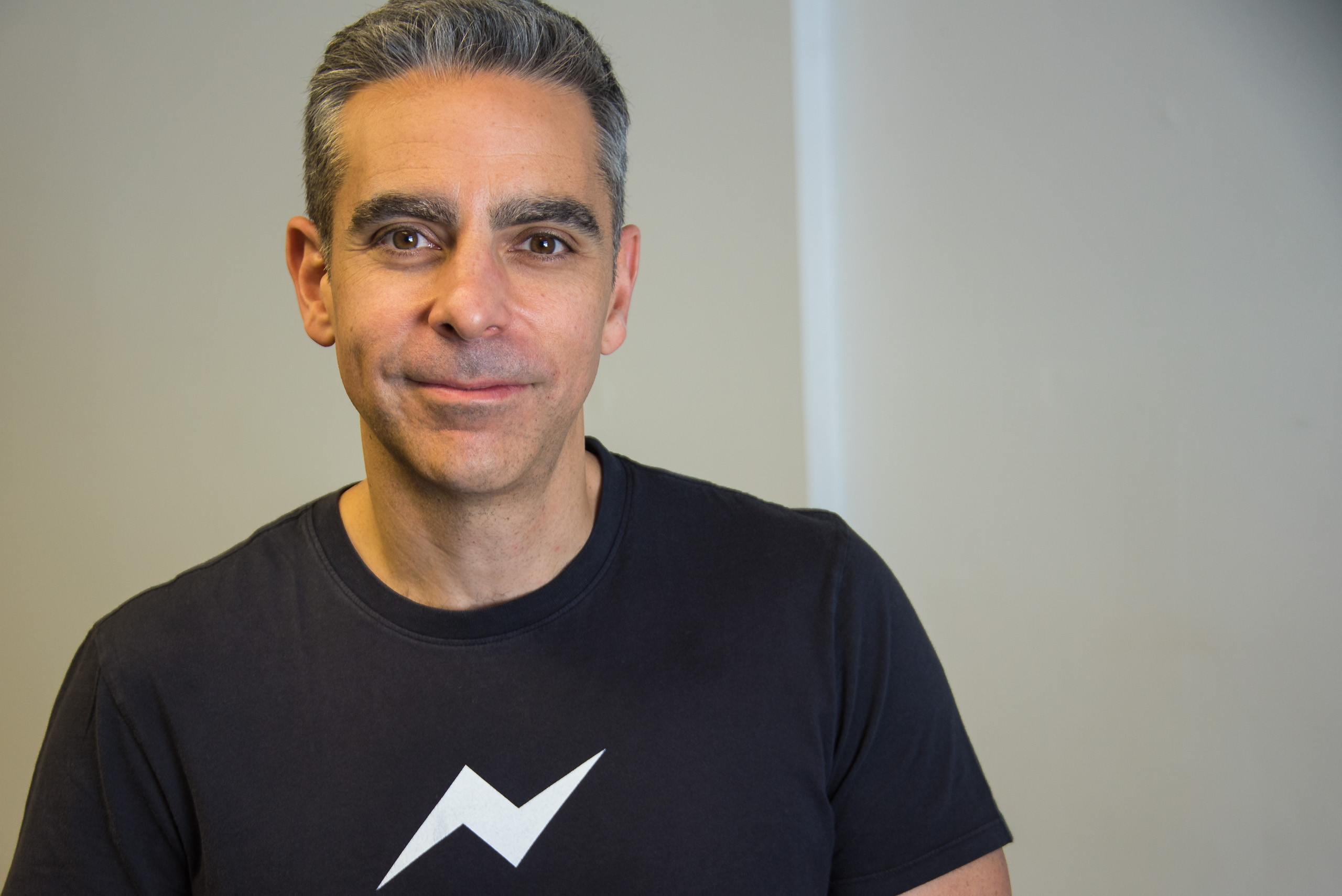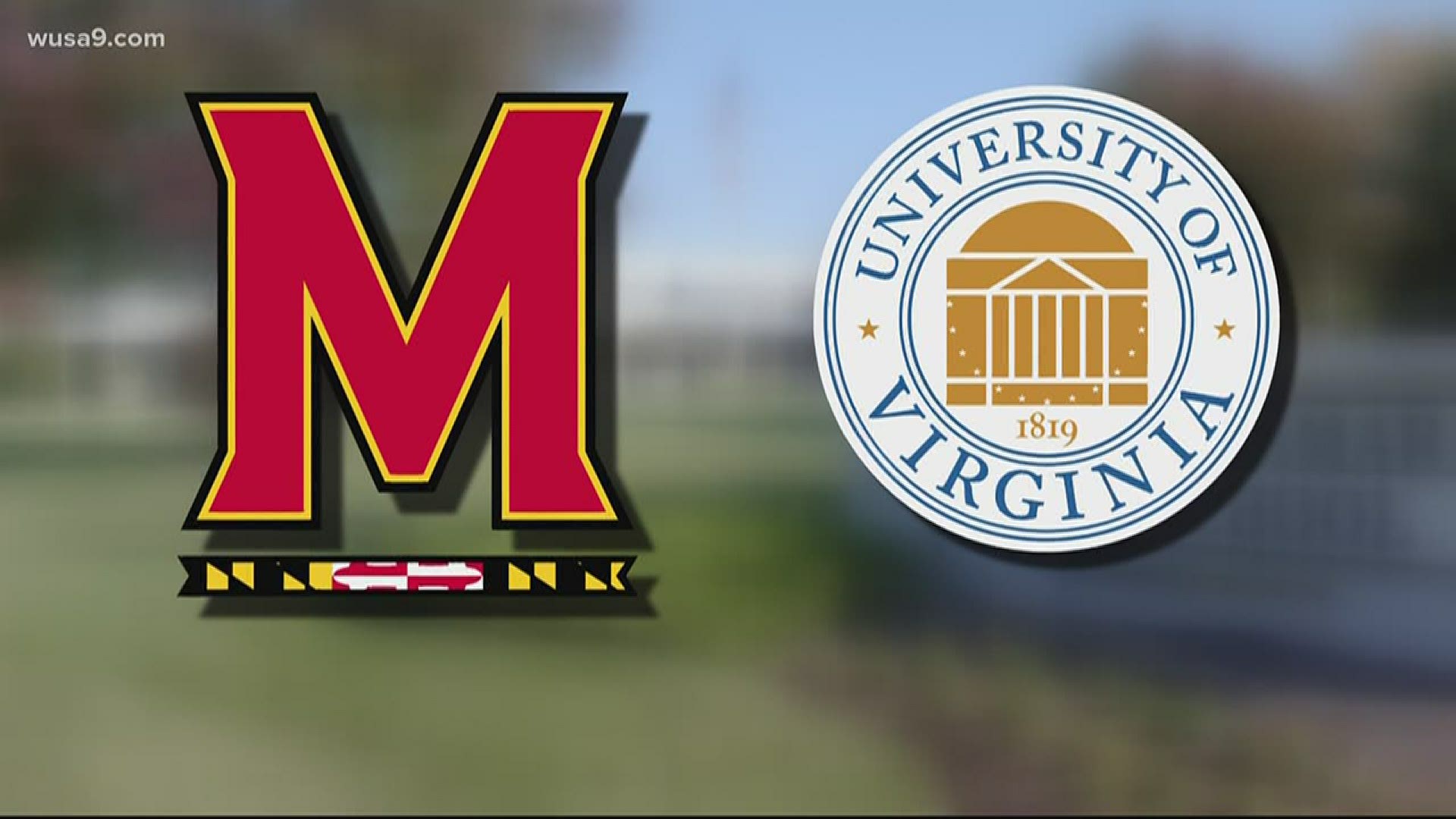![Facebook - what bots can do for you [video : 82975078]](http://videos.usatoday.net/Brightcove2/29906170001/2016/04/29906170001_4843954811001_4843817568001-vs.jpg?pubId=29906170001)
![Daniel Marcus [image : 82970060]](http://www.gannett-cdn.com/media/2016/04/13/USATODAY/USATODAY/635961073008587495-F8-3.jpg)
SAN FRANCISCO — Clicking a buy button on a website is so 20th century. Now the next big thing is conversing with a computerized robot.
That's the new mission for Facebook Messenger, the wildly popular communications app for friends and families. Used by 900 million people, Messenger has a major new look and mission, thanks to former PayPal chief David Marcus, who left the payment giant in 2014 to transform Facebook's hugely popular Messenger app.
This week, Marcus unveiled the next big move for Messenger. He made a splash here at its F8 conference for developers by showcasing how businesses can participate, by unveiling computerized chat bots for businesses to communicate and sell products to Messenger users.
Messenger is still about communication, but "a richer form of communication with different types of other parties," Marcus told USA TODAY, in an interview at F8. Besides talking to friends and family, Messenger is also about "communications and interactions over time with all the businesses and services you need to access every day."
For folks worried about commerce coming into their personal Messenger space, the move is a positive, Marcus says, because of the ease of the experience he set up. Instead of hunting for a customer service telephone number and waiting on a long hold to connect with the company, you can find the company in Messenger and connect seamlessly.
![Bots on messenger app [image : 82957552]](http://www.gannett-cdn.com/-mm-/2a90115a3eff03675a3d83362ddf162bff3fc111/c=0-258-996-1109/local/-/media/2016/04/12/USATODAY/USATODAY/635960863603841729-How-to-search-for-bots-on-Messenger.jpeg)
This week, nearly 30 firms (including 1-800-Flowers and the retailer Spring) signed up with Facebook, offering bots to sell products, offer customer service, or in the case of CNN, personalized news selection. (To see them, update the Messenger app, and then click the search window. You'll see companies like Spring and 1-800-Flowers underneath your frequent friends list.)
Marcus's selling point: to interact with a company currently, you might get directed to download an app, register, sign-in and type in the password. In Messenger, none of that is necessary.
With a chat bot, "your identity is preserved, you never need to use password and user name combinations, which all of us hate, because we forget them all the time." He gives an example of communicating with KLM Airlines, a Messenger partner. If you need to change a flight, you don't need to specify the flight number or frequent flier information, because the bot already has it. Communicating with the business "requires minimal effort on your part to set the context you need," he said.
In chats with developers at F8, some wondered about whether the bots would just turn Messenger from a communication to a sales medium. Taken a look at all those ads in your Facebook news feed lately?
"It depends upon how they draw the line between your personal contacts and the businesses. If it feels like the businesses are intruding on your personal space, then some people will find that off-putting," says Pauli Ojala, a developer from Finland at F8.
![What do Developers Think of Messenger Bots? [video : 82969928]](http://videos.usatoday.net/Brightcove2/29906170001/2016/04/29906170001_4843218902001_4843043287001-vs.jpg?pubId=29906170001)
But Marcus is adamant that Messenger isn’t for non-stop shilling.
“That’s not an experience that is going to happen, unless you want it,” he says.
Facebook will begin soon testing sponsored messages to go out in Messenger, but only to those customers who initiated the conversation first, Marcus adds.
"We’ll never let them buzz your phone, and we put in controls to block that message or all messages from those businesses."
Some of the folks we talked to here liked the idea of one central location for customer service, without having to search for the toll-free number or be put on hold for seemingly hours.
"I'm really excited about it," said Andrea Moore, a student at the Harvard Business School, who attended the F8 conference. "I hate calling 1-800 numbers...calling customer support and waiting 3 days for them to get back to me." The Messenger Bot "will be a faster response."
Gregg Spiridellis, the CEO of e-card maker JibJab, likes that users have to reach out for the bots--not the other way around. "The user who doesn't want to interact with bots don't have to," he says. "They're pretty clearly marked. Developers will create experiences that are so cool, friends will bring them into the conversation."![Business are coming to your Facebook Messenger by USA TODAY Talking Tech [oembed : 82970140] [oembed : 82970140] [oembed : 82970140] [oembed : 82970140] [oembed : 82970140] [oembed : 82970140] [oembed : 82970140] [oembed : 82970140] [oembed : 82970140] [oembed : 82970140] [oembed : 82970140] [oembed : 82970140] [oembed : 82970140] [oembed : 82970140] [oembed : 82970140] [oembed : 82970140] [oembed : 82970140] [oembed : 82970140]](/Portals/_default/Skins/PrestoLegacy/CommonCss/images/smartembed.png)
Follow USA TODAY tech columnist and #TalkingTech host Jefferson Graham on Twitter, @jeffersongraham.


